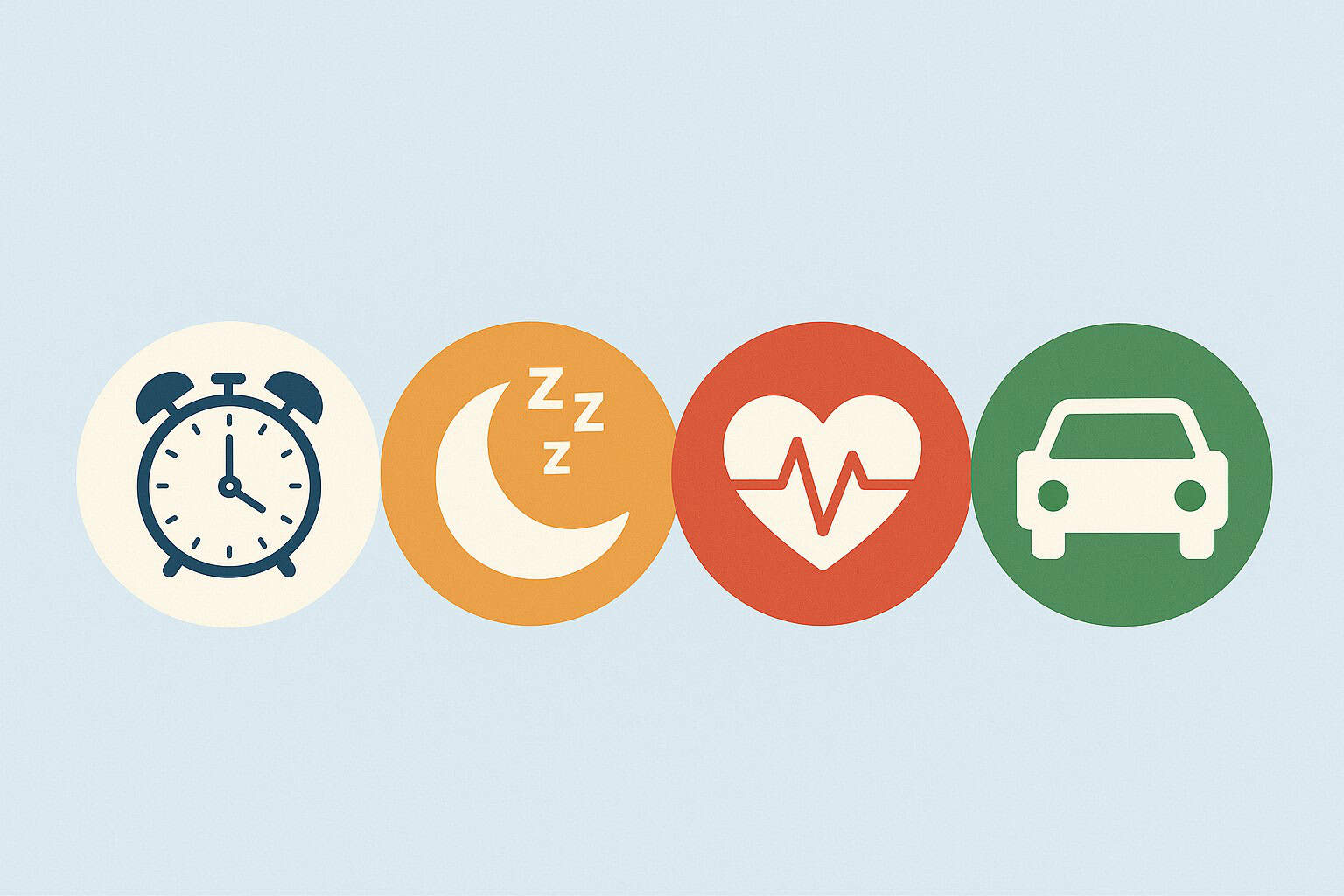As clocks “fall back” and we gain an extra hour of sleep, it may seem like an easy adjustment. But the end of daylight savings can have a bigger impact on your body and daily routine than you might expect.
At Pace Pharmacy, we know how important it is to stay healthy and balanced, especially during seasonal transitions. Here’s how the time change can affect your health, and what you can do to stay on track.
1. Sleep Disruption and Fatigue
Even a one-hour shift can throw off your internal clock. Your body’s circadian rhythm takes time to adjust, which can lead to fatigue, difficulty waking up, or trouble falling asleep.
Tip: If you are extra sensitive, consider gradually adjusting your bedtime and wake-up time by 15 minutes each day leading up to and following the time change. Keep your bedroom dark at night and bright in the morning to help your body reset naturally.
2. Mood and Mental Health
Shorter days and reduced daylight can lower serotonin levels, affecting your mood and energy. Some people even experience “seasonal affective disorder” (SAD) as fall turns to winter.
Tip: Try to get at least 20–30 minutes of natural sunlight each day. Light therapy lamps and vitamin D supplements can also help, talk to your pharmacist or healthcare provider to see what’s right for you.
3. Heart and Metabolic Health
Research suggests that time changes can temporarily increase stress on the body, impacting heart health and metabolic function. Maintaining regular sleep, meals, and exercise helps reduce these effects.
Tip: Stick to consistent routines, even on weekends. Avoid excessive caffeine or late-night snacking during the adjustment period.
4. Safety on the Road
With darker mornings and evenings, the risk of accidents increases for both drivers and pedestrians.
Tip: Be extra cautious when driving or walking after sunset. Make sure your headlights and reflective gear are in good condition—and resist the temptation to look at your phone while crossing streets.
5. Medication Timing
If you take medications on a strict schedule, the time change can create slight gaps between doses.
Tip: Ask your pharmacist if you should adjust your timing, especially for medications like insulin, heart meds, or sleep aids. A quick check-in can help you stay on track safely.
Bottom Line:
The end of daylight savings is a great reminder to check in on your sleep, safety, and overall wellness. A few small adjustments can make a big difference in how smoothly you transition into the shorter days ahead.
If you have questions about sleep, vitamin D, or managing medication timing, our team at Pace Pharmacy is here to help. We go the extra mile for your health and for each other.

